Making Pet Care Accessible for All
Bringing advanced technology to pet parents and professionals to ensure pets receive the care they need.



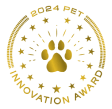
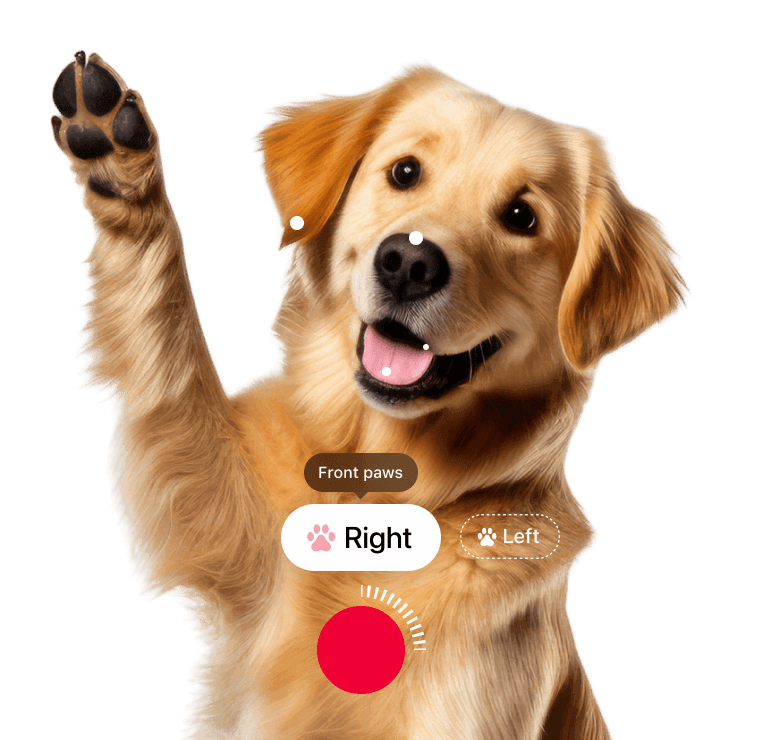
Where Science Meets Pet Health
At AI For Pet, we believe every pet deserves the best care. To bring this vision to life, we create user-friendly solutions based on the latest advancements in veterinary science, offering valuable tools for veterinary professionals, pet care providers, and pet parents.
Developed in collaboration with veterinarians, our science-driven products provide proven, effective care. By emphasizing early detection and prevention, we help stay ahead of potential health issues, making reliable healthcare more accessible for pets everywhere.
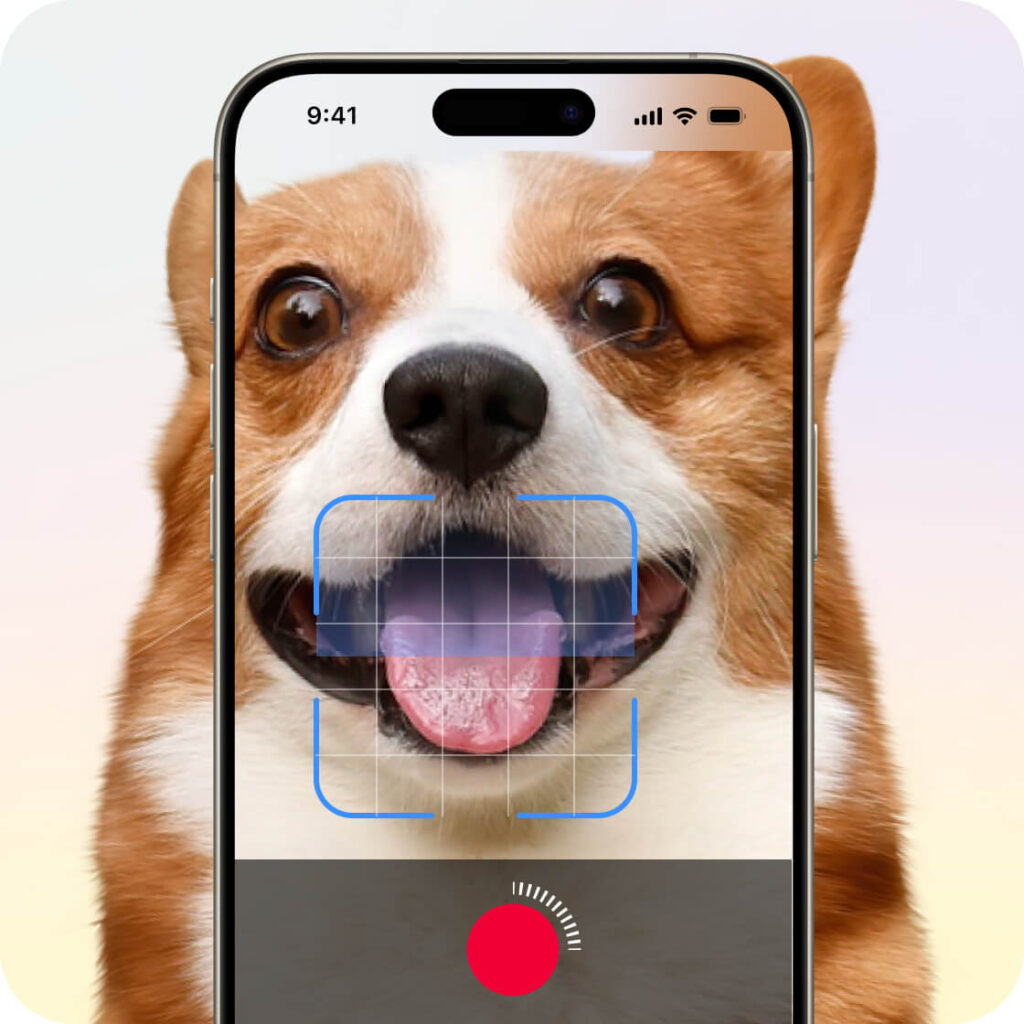
Meet TTcare
TTcare uses AI technology to detect early signs of diseases in pets by analyzing images of their eyes and skin through a simple smartphone app.
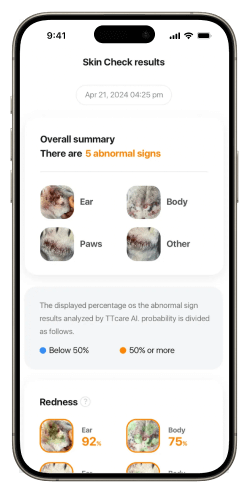
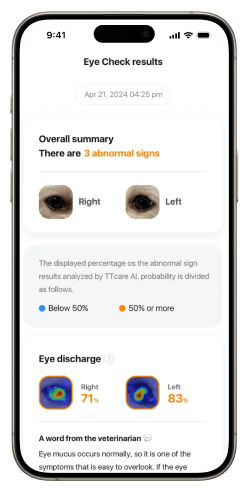
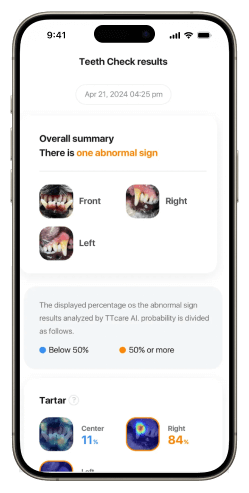
TTcare for Veterinarians
High Tech. Less Stress. More Care.
TTcare Vet is an advanced AI-powered software solution designed to help veterinarians streamline workflows and facilitate effective client communication, ultimately elevating the standard of care.
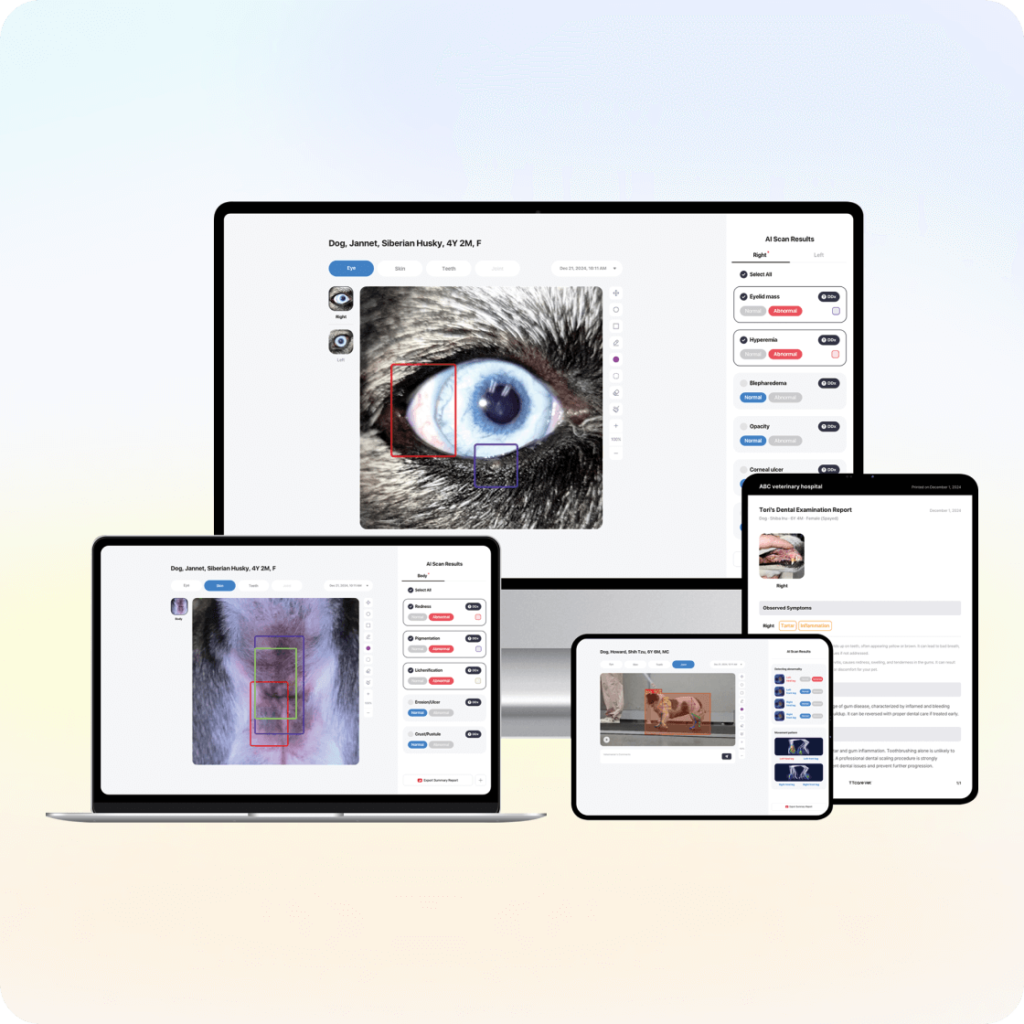
TTcare Equine
Revolutionizing Equine Care with AI Technology
Leverage the power of AI to analyze equine gait, providing precise insights to enhance care and support accurate diagnosis.
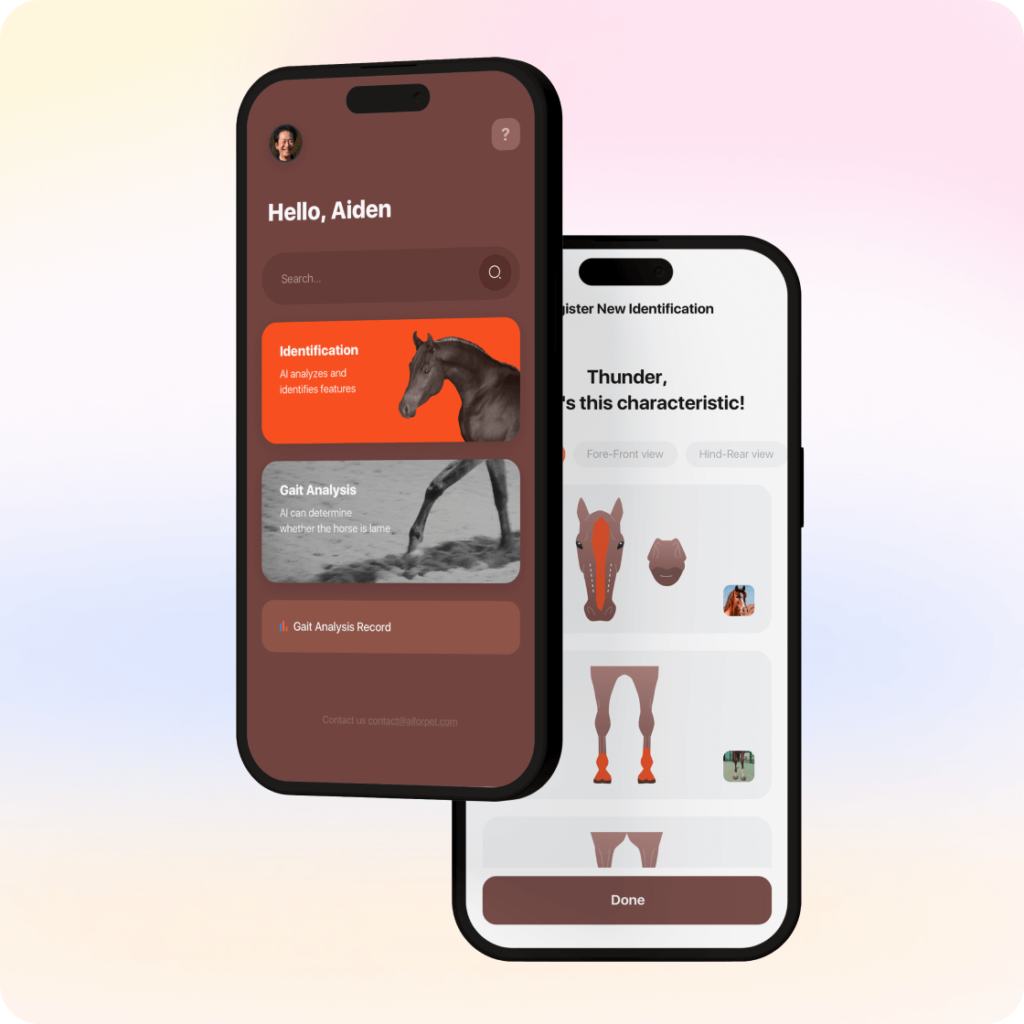
How It Works
-
Take a picture
Use your phone’s camera to take a clear photo of your pet’s eyes, skin, or teeth — no special equipment needed.
-
AI Analysis
TTcare analyzes the image in real-time, detecting clinical abnormalities with exceptional accuracy.
-
Receive Health Insights
Instantly receive detailed insights about your pet’s health, including potential issues and personalized recommendations.
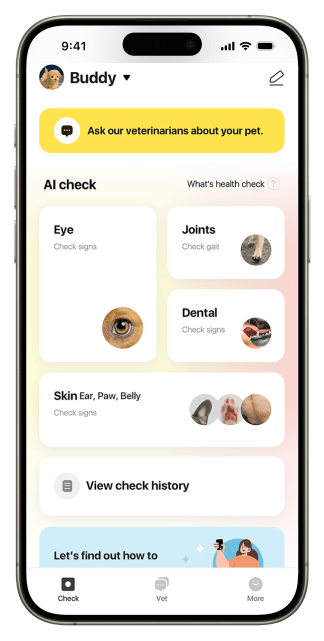
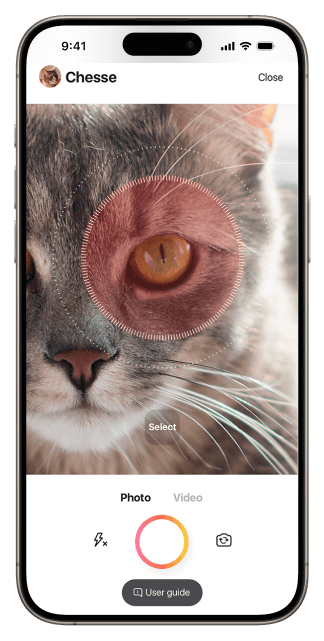
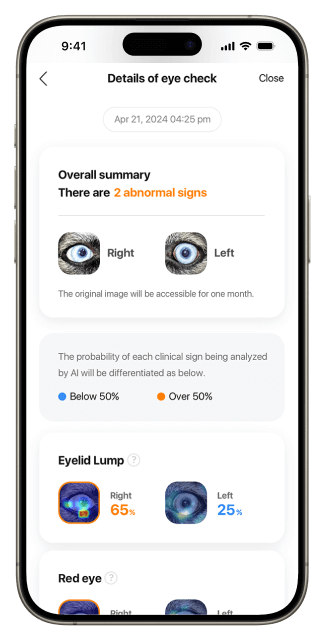
A Deeper Look
At the core of our work is a dedication to providing only scientifically proven, reliable solutions. TTcare is backed by years of in-depth research and millions of data points, allowing us to provide evidence-based health insights that pet parents and professionals can rely on.

1. Data Collection
We collected data from 12 countries to ensure our dataset includes a variety of pet breeds and health signs, encompassing images of eyes, skin, teeth, and gait.

2. Veterinary Labeling
All images were labeled by certified veterinarians and veterinary colleges, ensuring data quality.

3. Continuous Learning
The AI model is refined with every new image, making the system smarter and more accurate over time.
Results You Can Trust
Over 90% accuracy
in detecting common issues
95% specificity
in identifying diseases
93% sensitivity
in detecting early-stage issues
Milestones in Innovation
Our Friends




